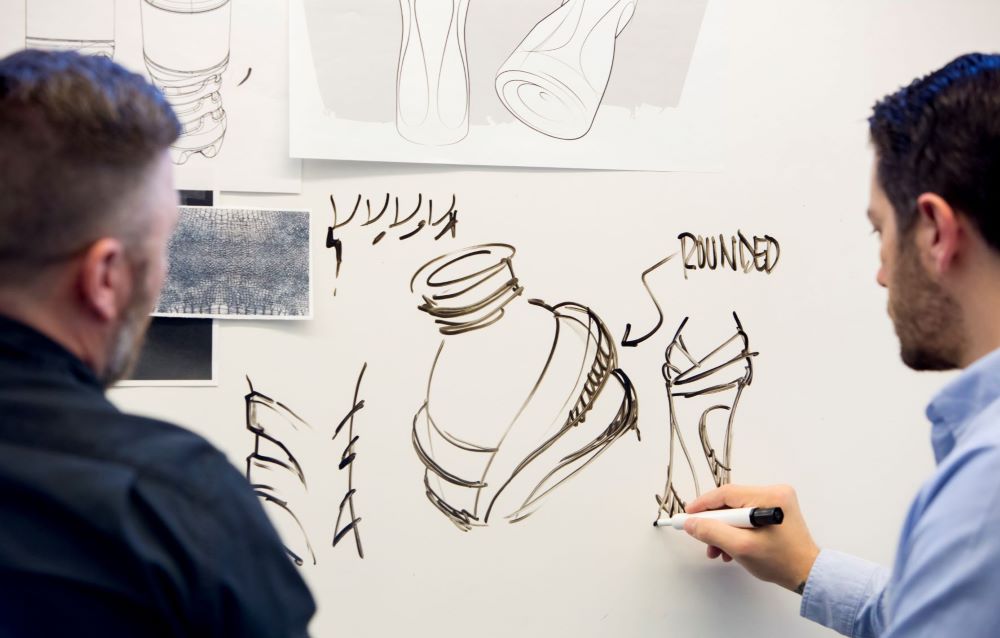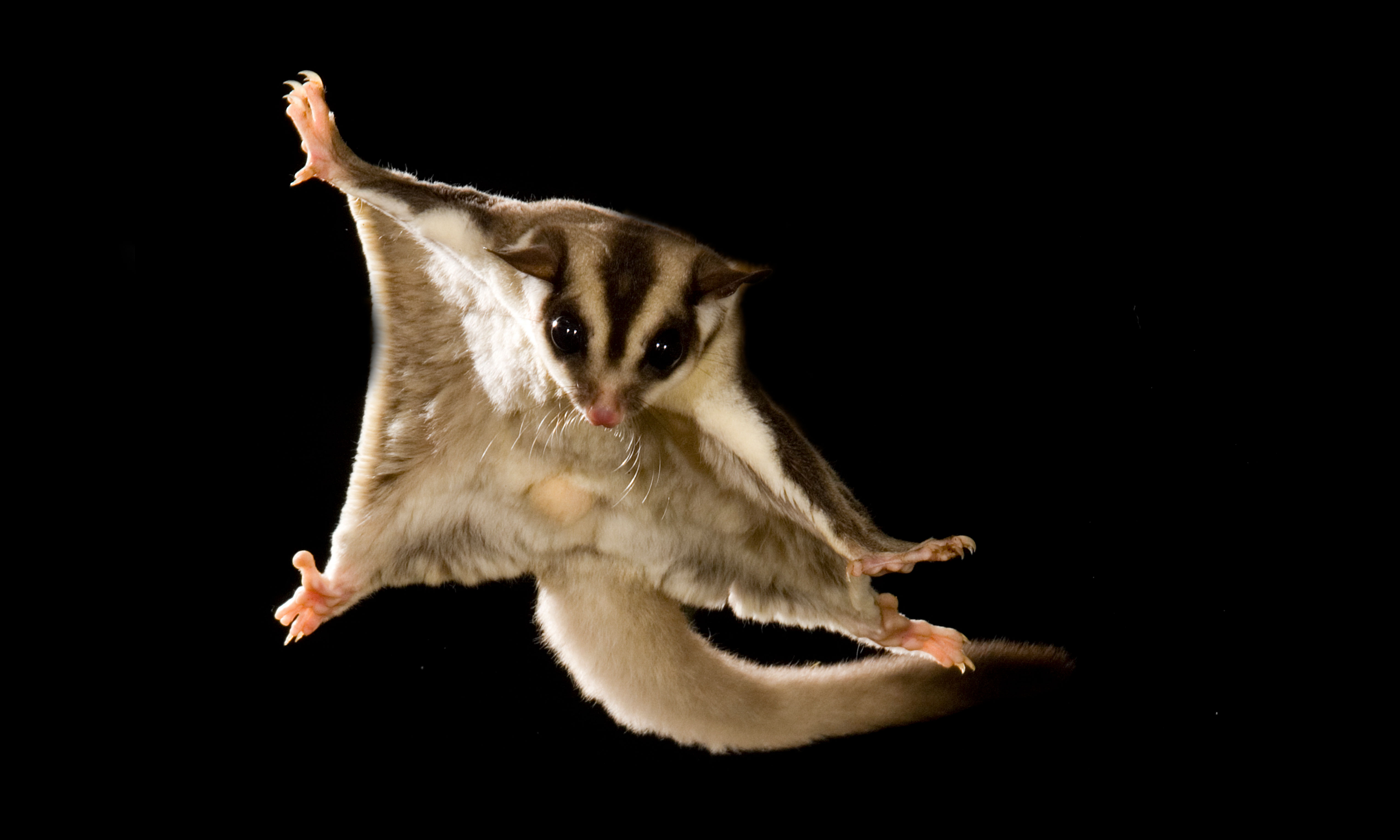Land, water, sky and fire were the focus of two online Academy events for this year’s NAIDOC Week ‘Always Was, Always Will Be’. The events explored how Aboriginal and Torres Strait Islander peoples have nurtured a connection to Country, with a profound sense of responsibility to the natural world, for more than 60,000 years, and the challenges they face. The recordings of the events are compelling watching-we thank the experts involved and all those who joined us online.
Land, water and fire
On 9 November, a panel discussed their perspectives on the environment, biodiversity and sustainability. The panel was made up of Associate Professor Michael-Shawn Fletcher, a Wiradjuri man from the University of Melbourne; Associate Professor Bradley Moggridge, a Murri from the Kamilaroi Nation and from the University of Canberra; and Zena Cumpston, a Barkandji woman from the University of Melbourne.
The panellists explained how Indigenous knowledge and science of land, water and fire can inform and improve the management of the natural world.
“Aboriginal and Torres Strait Islander people … have built an intricate knowledge of the world around us: Country. Country to us is not only the environment, but it’s us, and by keeping Country healthy, we keep ourselves healthy,” Associate Professor Fletcher said.
“[More broadly than the modern view of science], science is essentially the endeavour of observing, experimenting and predicting, and doing this over and over again. This is an endeavour, a process, that all humans undertake and all humans have undertaken through time. It’s nothing unique to any particular culture-it is something that it ubiquitously human,” he said.
Associate Professor Moggridge highlighted that Indigenous knowledge is only just starting to be included in learning curricula, and only when that occurs from pre-school to university can there be an “Indigenisation of science”.
“We are the first scientists … [our knowledge] needs to be respected for what it is, and then obviously the culture of science needs to change to accept it.”
According to Ms Cumpston, the way forward requires deep cultural and institutional change in how Indigenous input and knowledge is sought and accepted.
From Twitter
“Excellent conversation! So much deep listening, learning & unlearning to be done” @Jane8Toner, Jane Toner
“Engaging and informative discussion – relationships are important – how can we learn to work together – and modify our expectations in academia” @eileenamcl, Professor Eileen McLaughlin
The sky and stars
As possibly the world’s first astronomers, the First Peoples of Australia observe the sun, moon and stars to inform navigation, create calendars and predict weather. On 12 November, a panel discussed the astronomy knowledge of Indigenous Australians and how it contributes to global knowledge about the sky and stars. Panellists were Kirsten Banks, a Wiradjuri woman from the University of New South Wales and Djarra Delaney, from the Quandamooka people of Minjerribah, North Stradbroke Island and from the University of Melbourne. Journalist and science communicator, Rae Johnston, a Wiradjuri women, facilitated the discussion.







